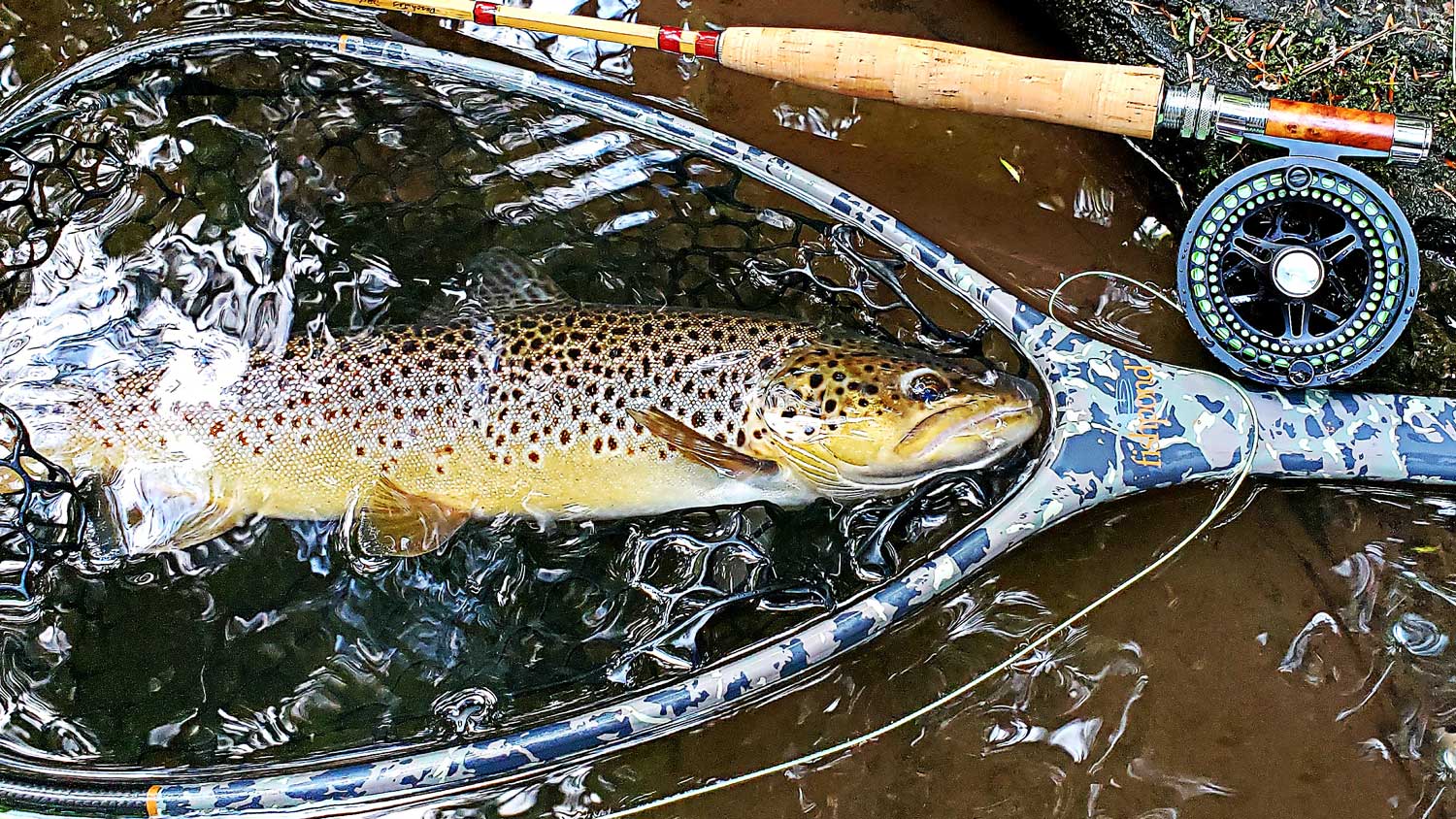The Art of Fly Fishing: Tips for Beginners to Master the Craft

Discovering the World of Fly Fishing
Fly fishing is a beautiful and captivating outdoor pursuit that offers anglers a unique connection with nature. As a beginner, it can be daunting to learn the ins and outs of this intricate sport. In this blog post, we’ll explore the art of fly fishing and provide tips for beginners to help you master the craft and experience the joy of this timeless pastime.
Learning the Basics of Fly Fishing: Tips for New Anglers
1. Choose the Right Gear
Selecting the appropriate gear is crucial to your success as a beginner fly fisher. Invest in a quality fly rod, reel, and line that are suitable for your target species and the waters you plan to fish. Consult experienced anglers or local fly shops for advice on the best gear for your specific needs.
2. Learn Essential Knots
Knot-tying is an essential skill for fly fishers, as it ensures your flies and tackle stay securely connected. Familiarize yourself with the most common fly fishing knots, such as the clinch knot, double surgeon’s knot, and the perfection loop.
3. Master the Art of Casting
Casting is at the heart of fly fishing, and mastering this skill is essential for success. Practice your casting technique on open water or even in your backyard, focusing on smooth, fluid motions, and proper timing. Remember that accuracy and presentation are often more important than distance.
4. Understand Fly Selection
Choosing the right fly is crucial for enticing fish to bite. Learn about the different types of flies, such as dry flies, nymphs, and streamers, and how to match them to the insects and other food sources in your fishing location. Observing the local insect life and understanding the concept of “matching the hatch” will improve your chances of success.
5. Develop Proper Line Management Skills
Line management is an important aspect of fly fishing that helps you maintain control while casting and retrieving. Practice techniques such as mending and stripping to achieve a natural drift and presentation, which will increase your chances of catching fish.
6. Learn How to Read the Water
Understanding how to read the water and identify prime fish-holding areas is essential for successful fly fishing. Study currents, seams, and water structures, and look for signs of fish activity, such as rising fish or insect hatches.
7. Be Patient and Persistent
Fly fishing can be challenging, especially for beginners. Patience and persistence are key to success. Keep practicing, learning from your experiences, and seeking advice from more experienced anglers. Remember that even the most skilled fly fishers have off days and that the beauty of the sport lies in the journey and the connection with nature.
8. Engage with the Fly Fishing Community
Connecting with the fly fishing community can help you learn valuable tips, techniques, and local knowledge. Join local fishing clubs, attend workshops or seminars, and engage with online forums and social media groups to expand your knowledge and make new friends who share your passion.
Embrace the Art of Fly Fishing
As a beginner, the art of fly fishing may seem complex and intimidating. However, by following these tips and dedicating time to practice, you will gradually develop the skills and confidence needed to master the craft. Remember to be patient, persistent, and open to learning from your experiences and the fly fishing community. Embrace the journey, and soon you’ll be enjoying the thrill and serenity of this captivating sport.
